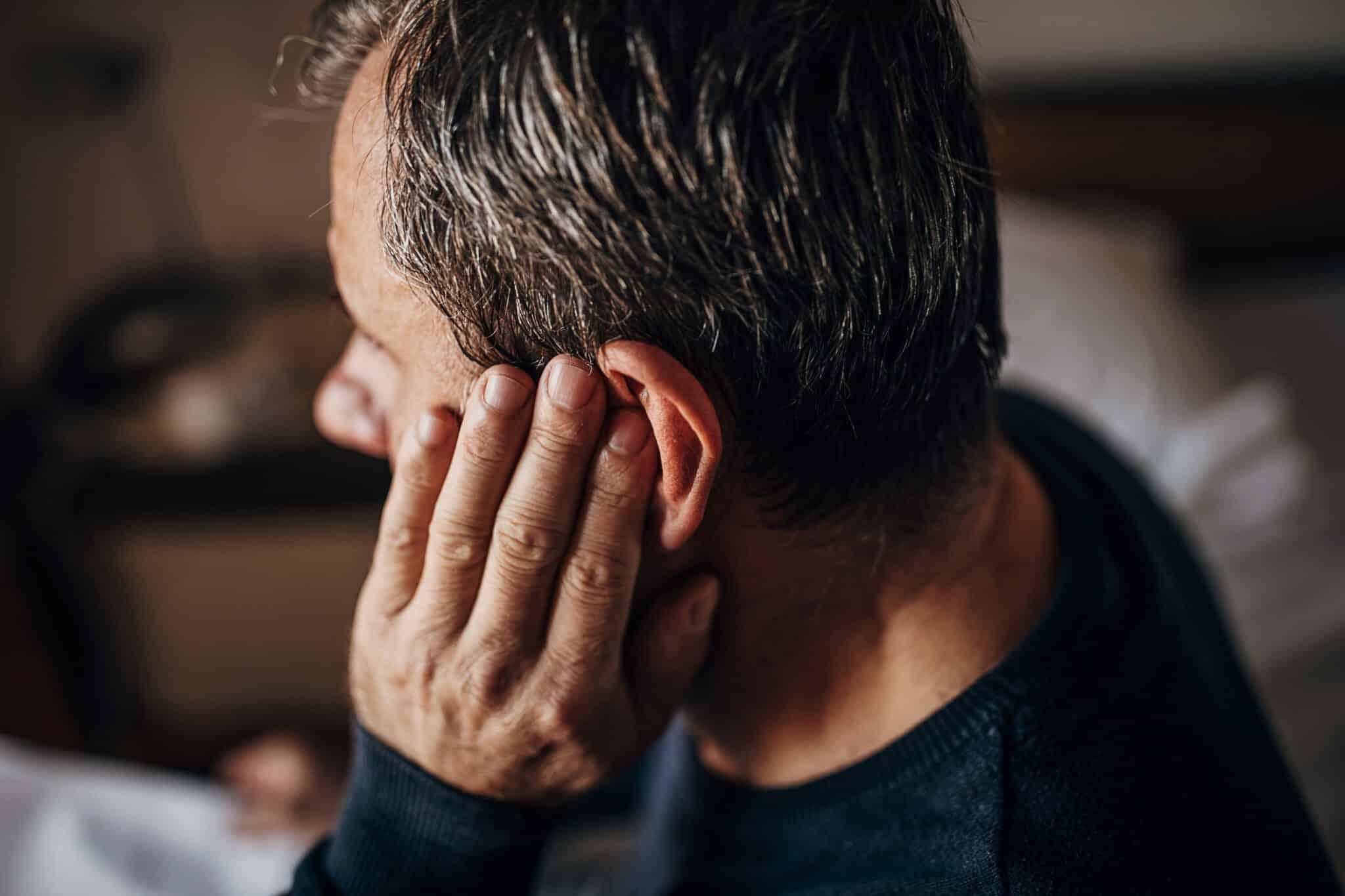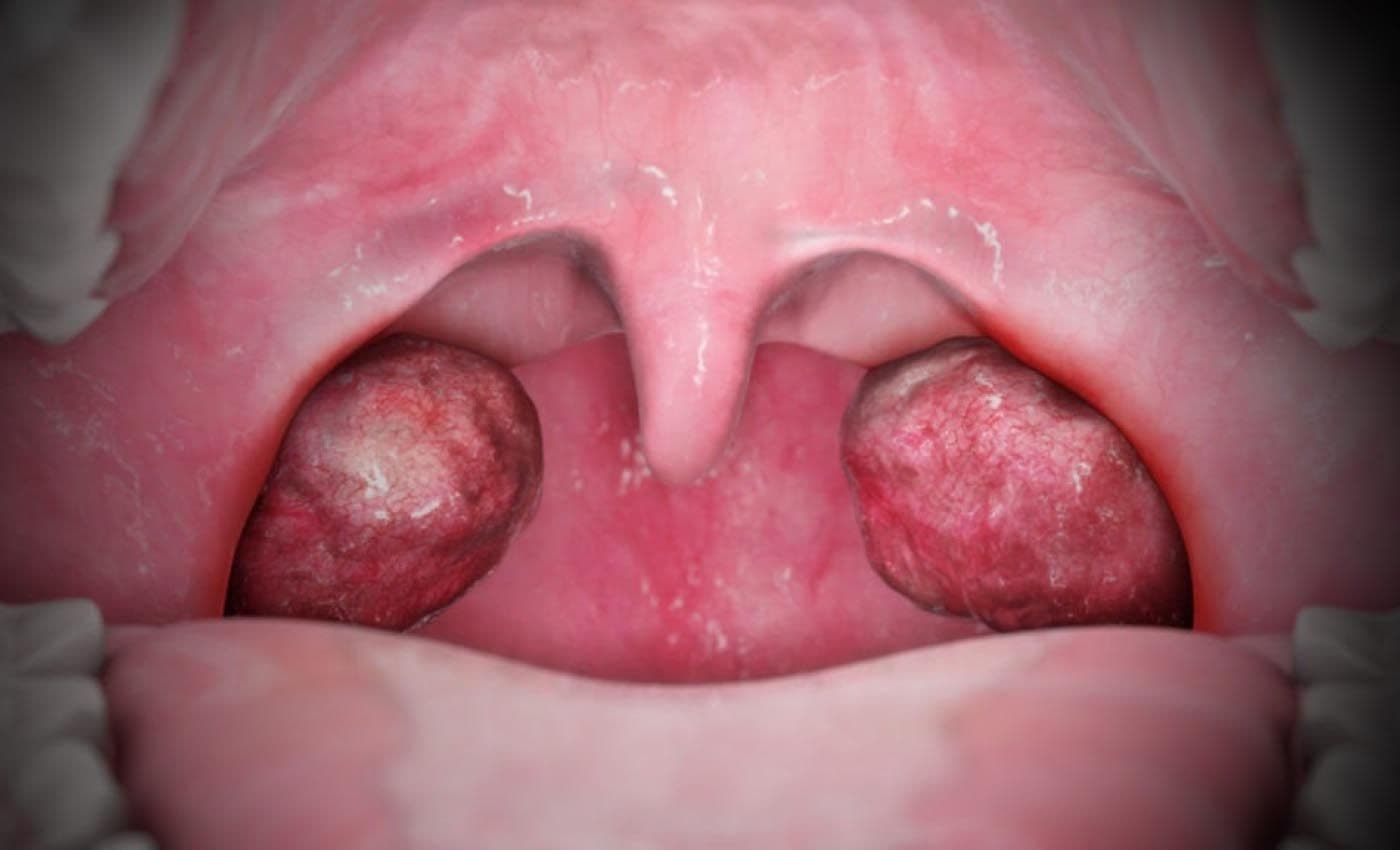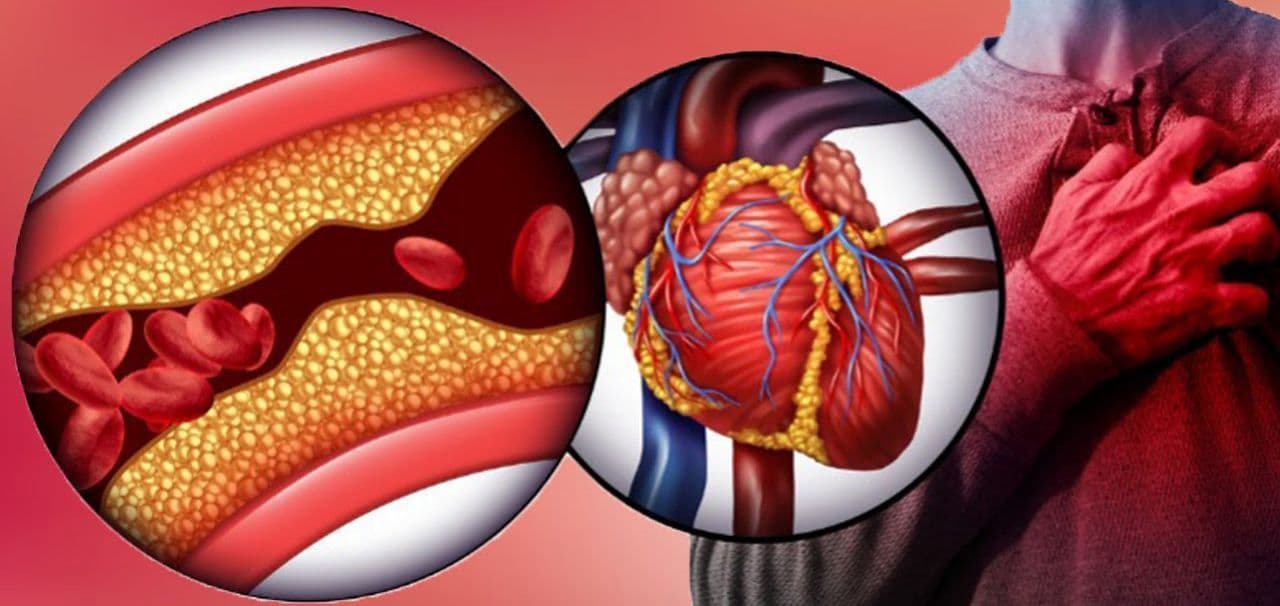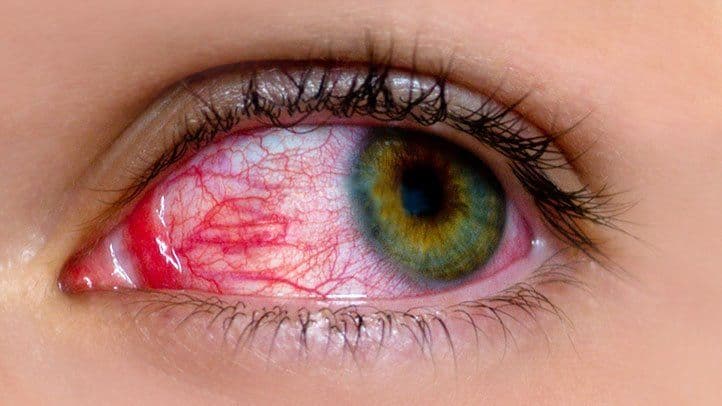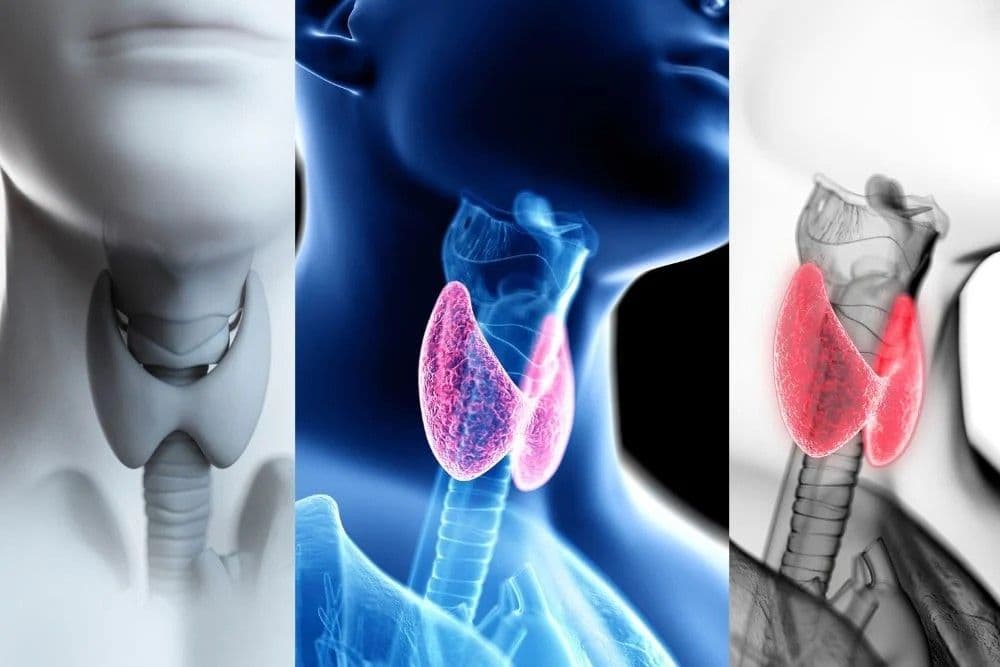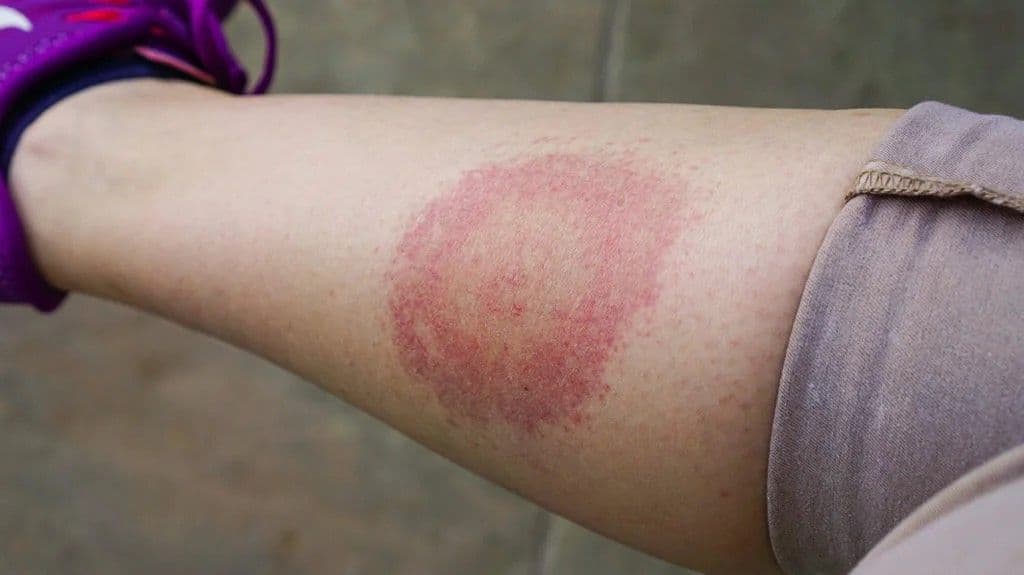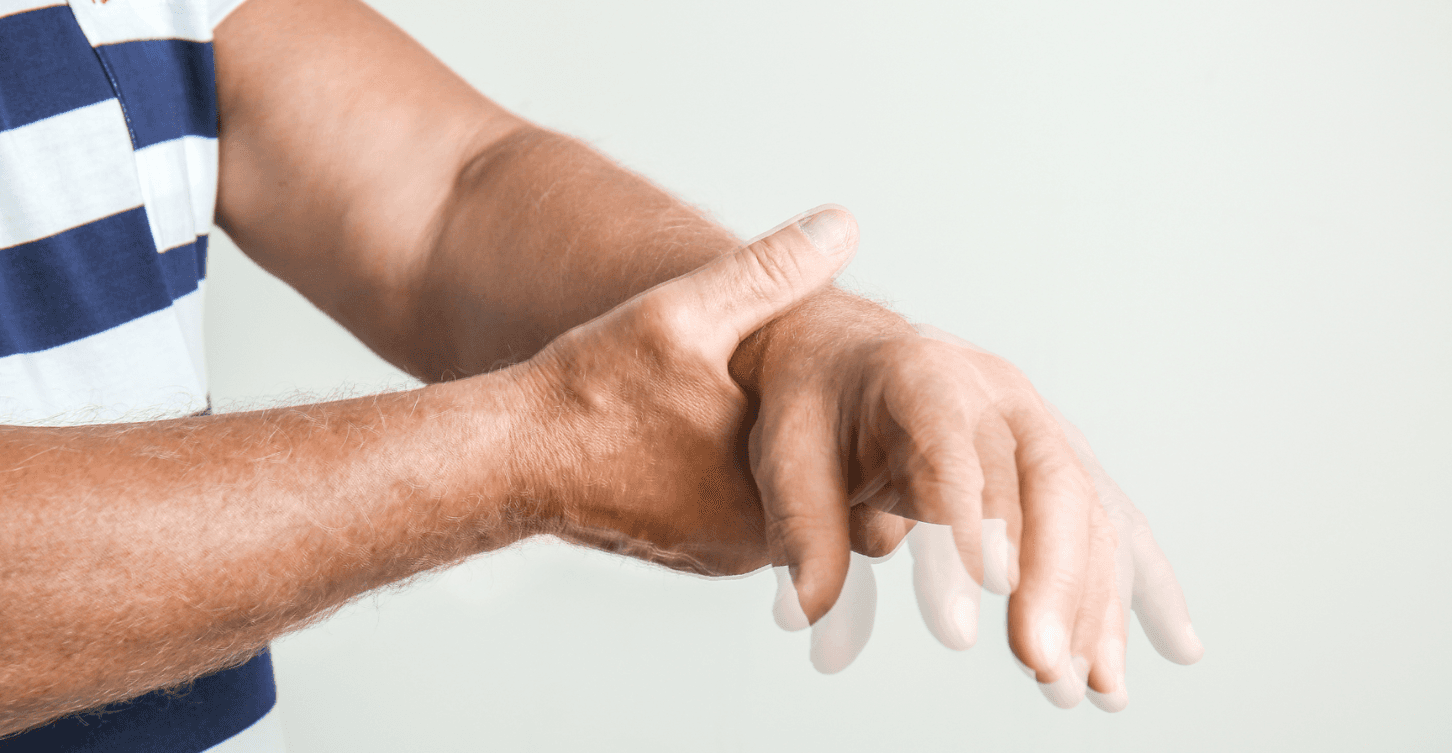Introduction
Getting water trapped in your ear is an uncomfortable situation that many people have experienced after swimming, showering, or even being caught in the rain. This sensation can be annoying and, in some cases, concerning, as trapped water in the ear can lead to infections and other health problems if not properly addressed.

Why is it important to remove water from the ear?
Removing trapped water from your ear is essential to prevent potential complications. When water remains in the ear canal, it can create an ideal environment for bacteria and fungi to grow, leading to infections such as otitis externa, commonly known as "swimmer's ear." In addition to infections, retained water can cause discomfort such as a feeling of fullness, itching, and even temporarily affect hearing.
While in most cases, trapped water drains naturally, it’s crucial to take steps to facilitate its removal, especially if the sensation persists. Ignoring this problem can increase the risk of painful infections and complications that might require medical treatment.

Home remedies to get water out of your ear
There are several simple and safe home methods you can try to remove trapped water from your ear. Here are some effective techniques:
- Tilting your head and simple movements: One of the most common methods is to tilt your head to the affected side and take small hops. You can also gently move your ear up and down, or use the palm of your hand to create a suction motion that helps extract the water.
- Using a hairdryer: Carefully, you can use a hairdryer on its lowest setting to evaporate trapped water. Keep the dryer at a safe distance from the ear and move the warm air around the ear for a few minutes.
- Valsalva maneuver: This method involves closing your mouth, pinching your nose, and gently blowing, which can help open the Eustachian tubes and drain the water from the middle ear.
- Additional methods: Other methods include lying down on the side with the affected ear facing down or using drops of isopropyl alcohol and vinegar, which help disinfect and evaporate trapped water.
It’s important to avoid inserting objects into the ear, such as cotton swabs, as this can push the water further in and cause damage to the ear canal.

Is it dangerous to have water in your ear?
Having water trapped in your ear might seem like a minor inconvenience, but it can actually be potentially dangerous if not properly managed. One of the main risks is developing infections such as otitis externa, better known as "swimmer's ear." This condition occurs when trapped water allows bacteria or fungi to grow in the ear canal, causing pain, inflammation, and sometimes, discharge.
In addition to infections, retained water in the ear can cause temporary hearing problems and an annoying buzzing or clogged sensation. If these symptoms persist for more than a day or two, or if they are accompanied by severe pain or fever, it’s essential to seek medical attention. This is particularly important for children or individuals with weakened immune systems, where infections can progress quickly.

Tips to prevent water from getting trapped in your ear during bathing
Preventing water from getting trapped in your ear is the best strategy to avoid the discomfort and risks associated with it. Here are some practical tips you can follow during bathing or swimming:
- Use earplugs: An effective way to prevent water from getting trapped is by using earplugs. These devices are designed to seal the ear canal and prevent water from entering. There are reusable silicone options or disposable plugs that fit comfortably.
- Tilt your head after swimming or showering: After swimming or showering, tilt your head to one side and then to the other to help drain any water that might have gotten into your ears. This simple gesture can prevent water from getting trapped.
- Avoid inserting objects into the ear: Although it may be tempting to use cotton swabs or even your fingers to dry the ear, this can push the water further in or damage the ear canal. It’s better to let the ear dry naturally or use safe methods like the ones mentioned above.
- Gently dry your ears: After bathing, use a soft towel to dry the outer part of the ear. Make sure not to insert the towel into the ear canal, but simply dry around it to remove any excess water.
Following these tips can help you keep your ears dry and healthy, avoiding the discomfort and potential complications caused by trapped water.

Aftercare for removing water from the ear
Once you’ve successfully removed water from your ear, it’s important to take certain precautions to ensure there are no subsequent complications. Here are some tips for caring for your ears after removing the water:
- Monitor any discomfort: If you feel that your ear is still clogged, have pain, or hear buzzing after removing the water, it’s advisable to keep an eye on these symptoms. If they persist or worsen, consult a doctor to rule out infections or damage to the ear.
- Keep the ear dry: After removing the water, it’s important to keep the ear dry. Avoid submerging yourself in water again or exposing your ears to moisture for a few hours. If you need to shower, make sure to protect your ears with earplugs.
- Don’t insert objects into the ear: Avoid the temptation to insert cotton swabs or any other objects to dry or clean the inside of the ear. This can irritate the ear canal and increase the risk of infections.
- Consult a doctor if necessary: If after removing the water you feel intense pain, hearing loss, or any other worrisome symptoms, it’s best to seek medical attention. A professional can assess the situation and provide the appropriate treatment.
Taking these precautions can help you prevent complications and keep your ears healthy after removing the water.

Conclusion
Dealing with water trapped in your ear can be more than just a minor inconvenience; it can lead to discomfort and even health issues if not addressed promptly. By understanding why it's important to remove the water, utilizing effective home remedies, and taking preventive measures, you can avoid the complications that come with this common problem. Always be mindful of your ear health, and don't hesitate to seek medical advice if you experience persistent symptoms.

